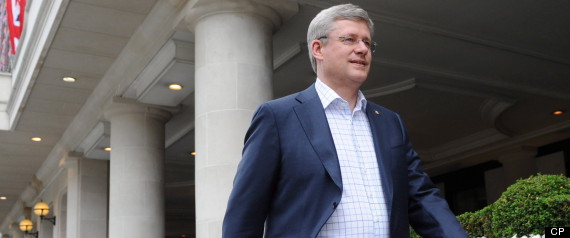On Tuesday, the government could not answer three things.
It could not tell Canadians when its next generation fighter jet secretariat will be up and running. Despite what the minister of public works told the House of Commons, it could not say who or what body will be independently verifying fresh costing figures for the F-35 fighter. And, the government also could not say when that costing data will be available to Parliament.
Public Works Minister Rona Ambrose told the Commons Tuesday the government would “not table cost estimates from the Department of National Defence in this House until they are independently validated and verified, and we will make sure that we get those numbers right.”
It could not tell Canadians when its next generation fighter jet secretariat will be up and running. Despite what the minister of public works told the House of Commons, it could not say who or what body will be independently verifying fresh costing figures for the F-35 fighter. And, the government also could not say when that costing data will be available to Parliament.
Public Works Minister Rona Ambrose told the Commons Tuesday the government would “not table cost estimates from the Department of National Defence in this House until they are independently validated and verified, and we will make sure that we get those numbers right.”


































